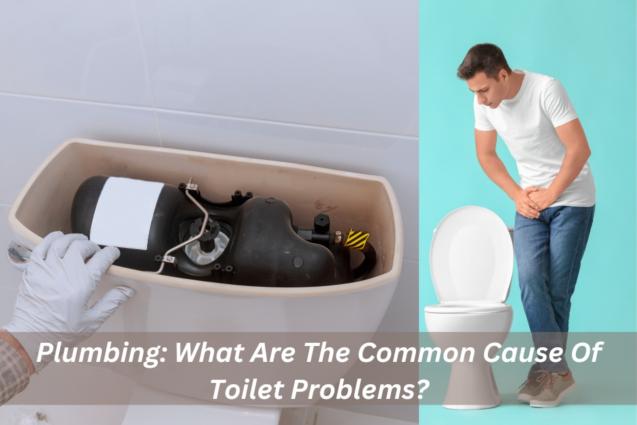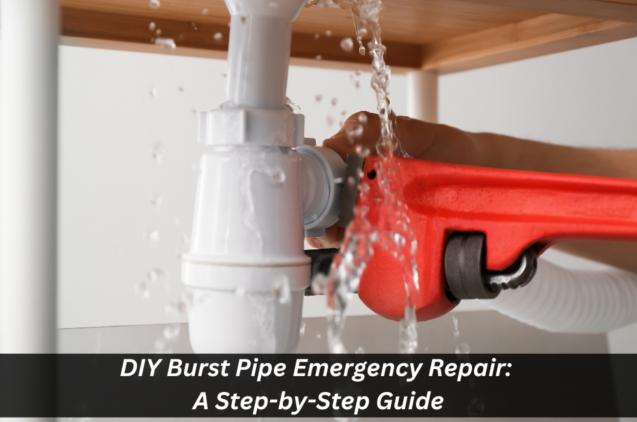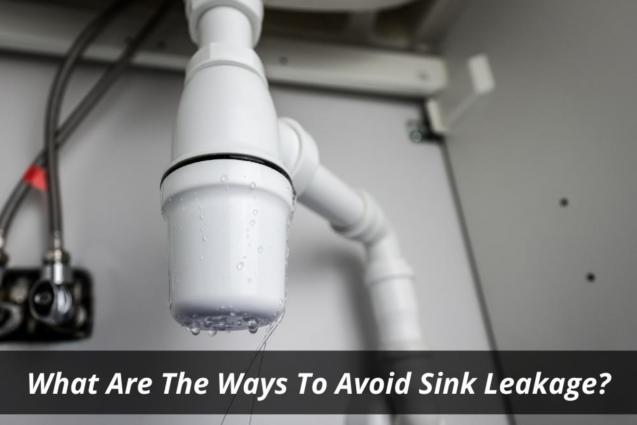
Upgrade Your Water: Filter Solutions
By Apex Plumbing Services|January 01, 2025
Tired of the taste and odour of your Sydney tap water? Worried about possible contaminants lurking in your drinking supply? You are not alone. Many people are finding better ways to improve the quality of their water. This article will take you through how to find the perfect water filter in Sydney, explore the different types of filters, and discuss the benefits to help you choose the best solution for your home. We are going to review some of the key considerations you need to make, such as budget, water quality concerns, and lifestyle, while giving some practical tips on maintaining your filter and making eco-conscious choices.
Why filter your tap water?
Let's dive into a deeper look at why filtering your tap water is so important:
Types of water filters for Sydney homes
The market is flooded with various types of water filters to suit every budget and requirement.
How to choose the right filter: considerations
Maintenance tips for your water filter
The key thing in relation to keeping your water filter is regular maintenance, and this typically entails the following:
Eco-friendly water filtration options
In the contemporary environment-conscious world, the environmental effects of one's choices in water filtration must be considered.
Beyond filtration: water conservation
FAQs about water filters
Conclusion
Buying a water filter is considered one of the essential moves toward taking better care of yourself and leading a healthy life. Filtering your tap water can massively reduce your exposure to possible contamination by chlorine and other impurities, such as lead, in the water. Not only will this bring a vast improvement in taste and odour in your drinking water, but it will also provide a healthier environment for your home, taking better care of your skin and hair while reducing risks of health impairment from specific contaminants.
With the global trend of sustainable living, there is even more reason to care about filtering your water. By seeking out eco-friendly filtration options, you can quickly reduce your reliance on single-use plastic bottles and minimise your environmental impact.
Why filter your tap water?
Let's dive into a deeper look at why filtering your tap water is so important:
- Beyond chlorine: While chlorine is a disinfectant, because of the organic matter in the water, chlorine creates a chemical by-product called trihalomethanes, which can present specific health effects.
- Lead concerns: The older the water infrastructure, the more likely it will have lead piping, which could leach into the water supply. Exposure to lead has grave neurological and developmental impacts, especially for children.
- Taste and odour: Even when your tap water does not have any visible contamination, it may taste or smell bad because of chlorine and other minerals or impurities.
- Skin and hair health: Chlorinated water dries out skin and hair. Filtered water may be softer on the skin and can leave hair smoother and easier to manage.
- Appliance protection: This filtered water may be used to protect appliances, such as coffee makers and ice machines, from building up minerals or developing their scales within.
Types of water filters for Sydney homes
The market is flooded with various types of water filters to suit every budget and requirement.
- Pitcher filters: These filters are affordable and will work perfectly for a relatively small household. They work quickly and don't make much hassle regarding chlorine removal and some minor impurities. However, their potential is usually limited, making them not highly appropriate for households featuring high consumption.
- Faucet-mounted filters are mounted directly to your faucet, providing filtered water on demand. They're convenient, reasonably inexpensive, and sometimes have less capacity than under-sink filters.
- Under-sink filters are systems fitted beneath your kitchen sink—a less obtrusive system than others and usually more powerful. They are available at a higher flow rate compared to the pitcher or faucet-mounted filters and have a greater capacity for filtration. Some of the standard models that are fitted under-sink include carbon filters, which are efficient in filtration of chlorine and other impurities. At the same time, some have reverse osmosis systems that boast a higher capacity for filtration of heavy metals among most impurities.
- Whole-house filters purify all the water that enters your residence. As their names suggest, they are installed at the entry point and can really revolutionise the quality of water intended for drinking, cooking, showering, and many household applications.
How to choose the right filter: considerations
- Water quality report: Your water supplier should provide you with a copy of the local water quality report. This report will provide detailed information about the contaminants in your water.
- Professional water testing: It is advisable to get your water tested for contaminants that the water supplier does not typically monitor.
- Filter certification: Use a filter certified by well-recognised organisations, such as the Water Quality Association and NSF International.
Maintenance tips for your water filter
The key thing in relation to keeping your water filter is regular maintenance, and this typically entails the following:
- Replacing filters: This usually changes as prescribed by the manufacturer in order to keep the filters effective.
- Cleaning filter housing: This means that with regular cleaning, bacteria can't form in the filter's housing area.
- Observing filter performance: It may be more related to taste or a change in the water's flow rate.
Eco-friendly water filtration options
In the contemporary environment-conscious world, the environmental effects of one's choices in water filtration must be considered.
- Sustainable materials: To replace the usual filters, go for those made from sustainable materials, such as ceramic or coconut shells.
- Reuse and refill: Purchase a quality, multi-use water bottle and fill it up from your water filter instead of using one-time plastic bottles.
- Recycle your filter: Investigate options to recycle used water filters rather than just throwing them away.
Beyond filtration: water conservation
- Save water: Be water-wise in your own home through shorter showers, fixing leaks, and installing low-flow fixtures.
- Collect rainwater: Install a rainwater tank to collect rainwater for non-potable purposes, such as gardening.
FAQs about water filters
- Is filtered water safe to drink? In general, filtered water is considered safe to drink and can sometimes be even safer than unfiltered tap water, depending on the specific contaminants in your local water supply.
- How much does a water filter cost? Water filters can range in price from several dollars to several thousands of dollars, depending on the kind of filter, brand, and functionalities.
- Where can one purchase a water filter in Sydney? Water filters are available from major appliance retailers, specialty water filter shops, and online retailers.
Conclusion
Buying a water filter is considered one of the essential moves toward taking better care of yourself and leading a healthy life. Filtering your tap water can massively reduce your exposure to possible contamination by chlorine and other impurities, such as lead, in the water. Not only will this bring a vast improvement in taste and odour in your drinking water, but it will also provide a healthier environment for your home, taking better care of your skin and hair while reducing risks of health impairment from specific contaminants.
With the global trend of sustainable living, there is even more reason to care about filtering your water. By seeking out eco-friendly filtration options, you can quickly reduce your reliance on single-use plastic bottles and minimise your environmental impact.



